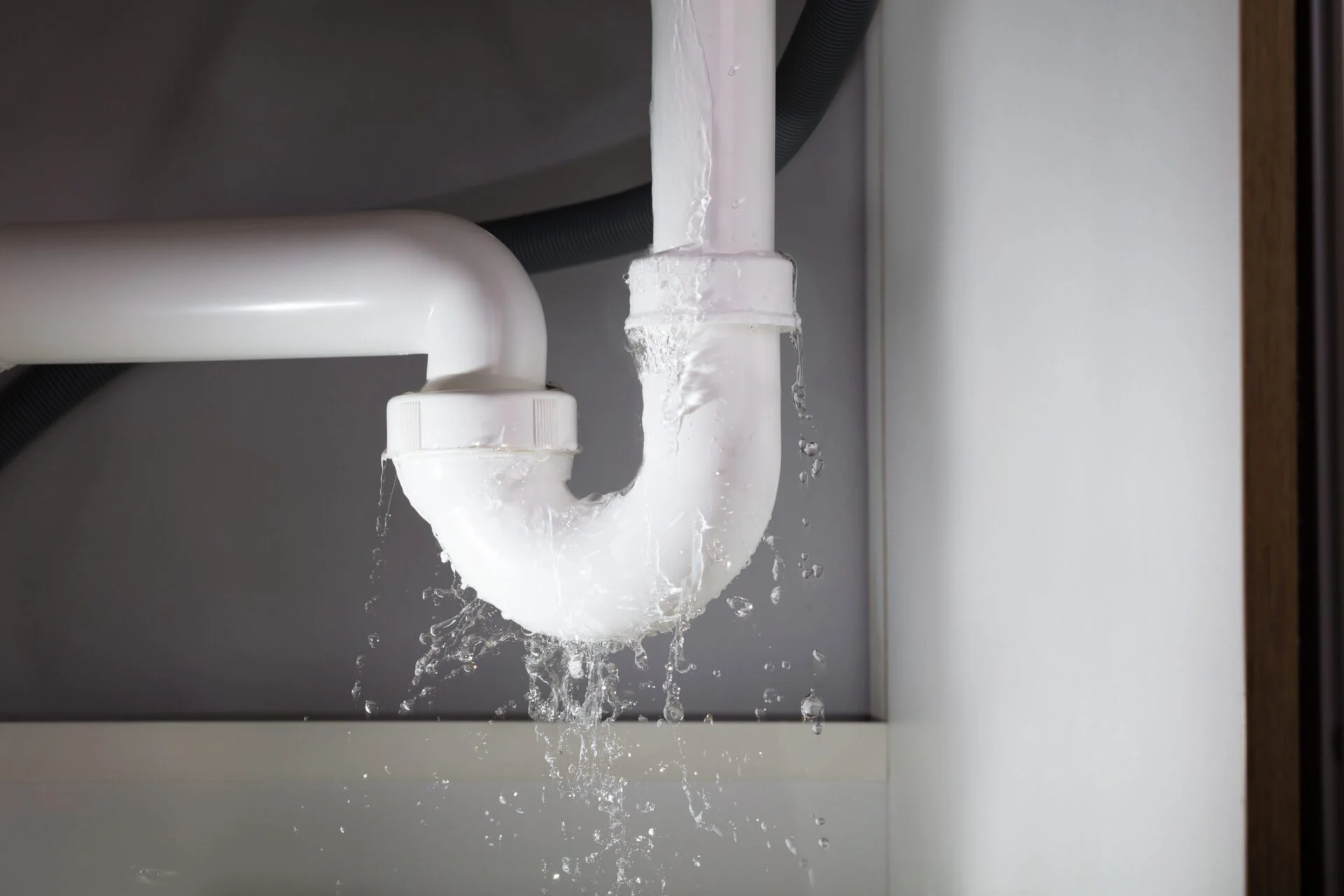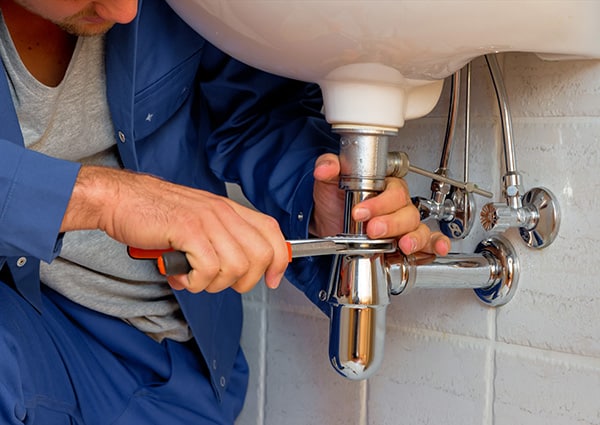When building a new home, one of the crucial aspects to consider is the drainage system. Selecting the best materials for drain pipes can significantly impact the efficiency and longevity of your home’s plumbing. In this article, we will explore various materials that are ideal for drain pipes in new constructions.

Understanding the Importance of Drainage
Before diving into the materials, it’s essential to comprehend why an effective drainage system is vital. A good system prevents water buildup, reduces the risk of flooding, and protects the foundation of the home. It also ensures that wastewater is efficiently directed away from the property.
Common Drain Pipe Materials
There are several materials commonly used in the construction of drain pipes. Each material has its advantages and potential drawbacks, making it important to choose the right one for your specific needs.
PVC Pipes
PVC (Polyvinyl Chloride) is one of the most popular choices for drain pipes. It’s known for being lightweight, durable, and resistant to corrosion. PVC pipes are easy to install and are relatively inexpensive, making them a cost-effective option for many homeowners.
Advantages of PVC
- Corrosion-resistant
- Long lifespan
- Lightweight and easy to handle
- Cost-effective
Disadvantages of PVC
- Can become brittle over time when exposed to UV rays
- Not suitable for high-temperature waste
Cast Iron Pipes
Cast iron pipes have been used in plumbing for centuries. They are known for their strength and durability. Cast iron is particularly suitable for residential drainage systems due to its ability to reduce noise when water flows through.
Advantages of Cast Iron
- Excellent noise reduction
- Strong and durable
- Fire-resistant
Disadvantages of Cast Iron
- Heavy and difficult to install
- Prone to rust if not properly maintained
ABS Pipes
ABS (Acrylonitrile Butadiene Styrene) pipes are another option for drainage systems. They are similar to PVC but are generally more durable and are not affected by cold temperatures.
Advantages of ABS
- Resistant to cold temperatures
- Durable and tough
- Lightweight
Disadvantages of ABS
- Can warp in high temperatures
- More expensive than PVC
Copper Pipes
Copper pipes are often used for water supply lines, but they can also be used for drainage. They are known for their durability and resistance to corrosion, but they come at a higher cost.
Advantages of Copper
- Corrosion-resistant
- Long-lasting
- Withstands high temperatures
Disadvantages of Copper
- Expensive
- Requires professional installation
Concrete Pipes
Concrete pipes are typically used in larger drainage projects. They are incredibly strong and can handle high pressure, making them suitable for extensive drainage systems.
Advantages of Concrete
- Extremely strong
- Can handle high pressure
- Long lifespan
Disadvantages of Concrete
- Very heavy and difficult to install
- Can be expensive
Choosing the Right Material
Choosing the best material for your drain pipes depends on various factors, including budget, local climate, and specific requirements of your home. It’s essential to consider the advantages and disadvantages of each material.
Considerations for New Homes
When building a new home, it’s crucial to plan your drainage system carefully. Consulting with a professional can help you make informed decisions and ensure that your system is efficient and long-lasting.
Expert Installation
Regardless of the material you choose, having your drain pipes professionally installed is vital. Professional installation ensures that the system is set up correctly and reduces the risk of future issues.
For more information on planning your home’s plumbing, you can visit Plumbing Planning for New Homes.
Maintenance Tips
Regular maintenance of your drainage system will help prolong its lifespan. Simple practices like avoiding pouring grease down the drain and using strainers in sinks can prevent clogs and other issues.
Professional Check-Ups
Scheduling regular inspections by a professional plumber can help identify potential problems before they become severe, ensuring the longevity of your drainage system.
Conclusion
Selecting the best materials for drain pipes in your new home is a critical decision that impacts the overall efficiency and durability of your plumbing system. By understanding the benefits and drawbacks of each material, you can make an informed choice that fits your needs and budget.

FAQs
What is the most cost-effective material for drain pipes?
PVC pipes are generally considered the most cost-effective option due to their affordability and ease of installation.
Are cast iron pipes still a good choice?
Yes, cast iron pipes are a good choice for reducing noise and providing durability, but they require professional installation.
How often should I have my drainage system inspected?
It’s recommended to have your drainage system inspected by a professional plumber at least once a year to ensure its proper functioning.
This article contains affiliate links. We may earn a commission at no extra cost to you.



